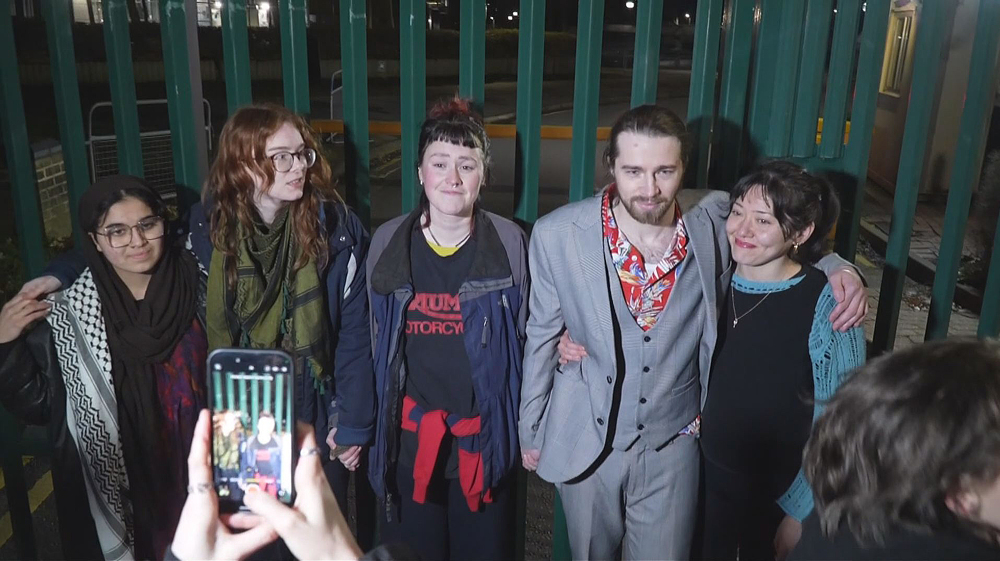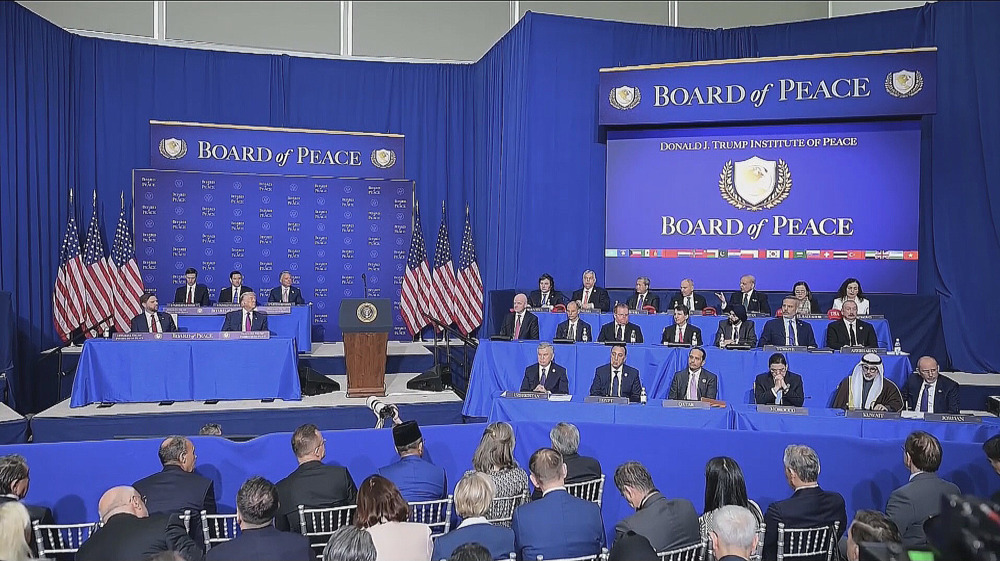Unpaid back rent crisis adds to US housing fears
Ramin Mazaheri
Press TV, Chicago
The United States has always been rather infamous in the West for its unwillingness to fund a strong social safety net. That model is being tested in many ways during the pandemic, and especially by a ballooning housing crisis which continues to worsen.
The mismanagement of the coronavirus lockdowns into an economic catastrophe and the delays on just a small amount of taxpayer stimulus has an estimated 25% of all households behind on their housing payments. Some early estimates predict a 400% increase in the eviction rate.
Forty million people are now at risk of eviction when a moratorium ends on March 31. Then, an army of long-term unemployed will be demanded to pay an average of $6,000 in back rent, an impossible task for so many.
The unpaid rent is expected to push even more of America’s housing market into the few hands of high finance. After the 2008 financial crisis corporate landlords - who typically charge higher rents and evict at higher rates than small property owners - purchased millions of distressed properties. That made America’s housing market more expensive and more insecure, and the post-Covid scenario appears far worse.
Housing rights groups say that housing is an issue which any government can easily solve, by enforcing laws which favor tenants instead of landlords, by directing tax revenue into building more affordable housing; and by providing shelters for those with emergency housing needs.
As much as joblessness, record-low economic growth and the pandemic the national housing crisis is causing widespread dread for the future. Even if the eviction moratorium is ultimately extended there is no national conversation about the unpaid rent which only continues to pile up.
Guardians of sky: How Iran’s radar network turned 12-day war into a blueprint for deterrence
The story of ancient Persia’s chromium steel
Iranian Navy chief calls for broader naval collaboration at MILAN 2026 naval exercise
VIDEO | Mini Iraq; A city in India that connects faith across borders
Pope skips America’s 250th anniversary despite Vance’s ‘in-person’ invitation
Iran condemns Israeli atrocities, ceasefire violations in southern Lebanon
US military buildup near Iran proves defeat in previous regional wars: Ansarullah
VIDEO | Declared dead, found breathing: The miraculous survival of Najwa after Israeli bombing of Gaza









 This makes it easy to access the Press TV website
This makes it easy to access the Press TV website